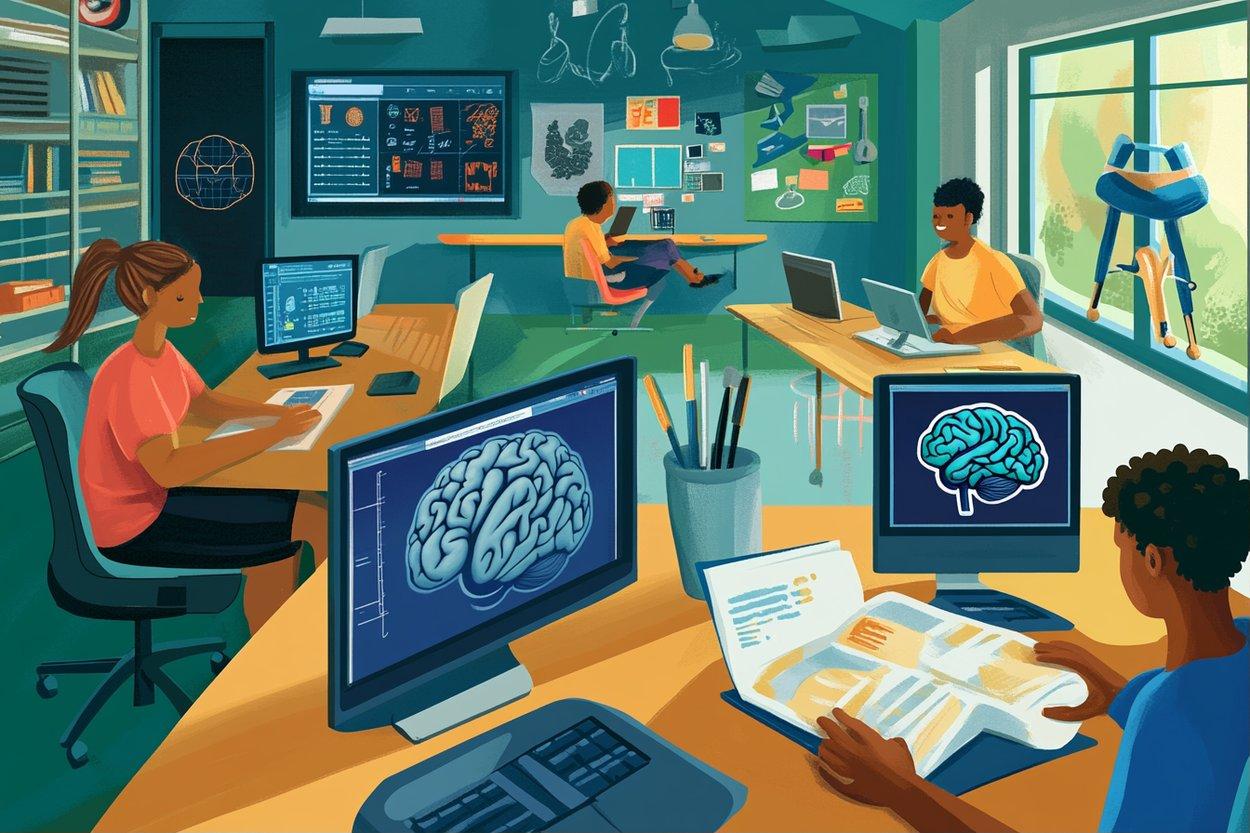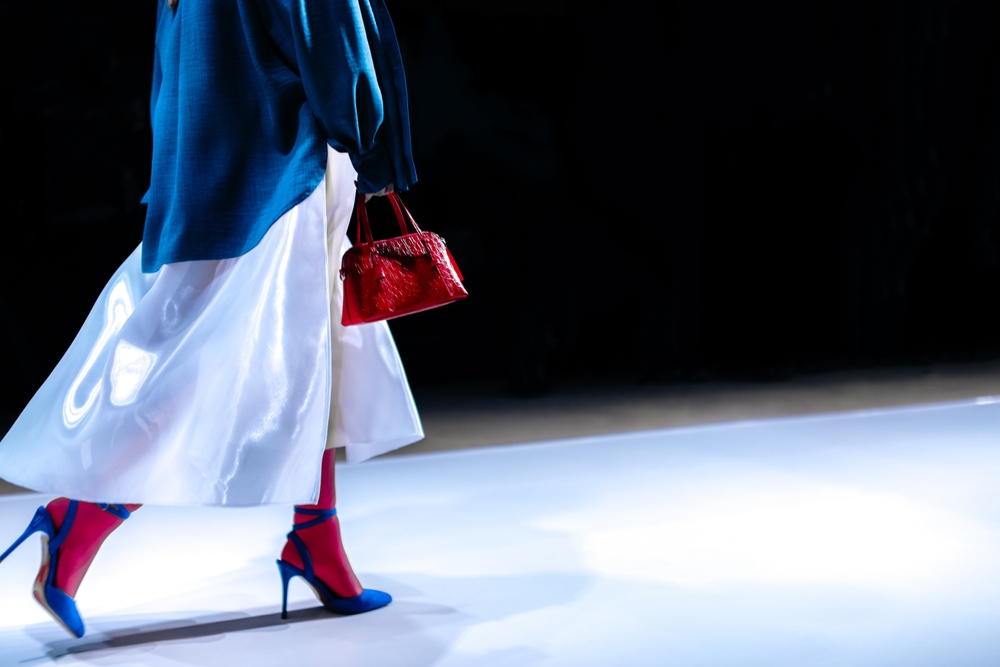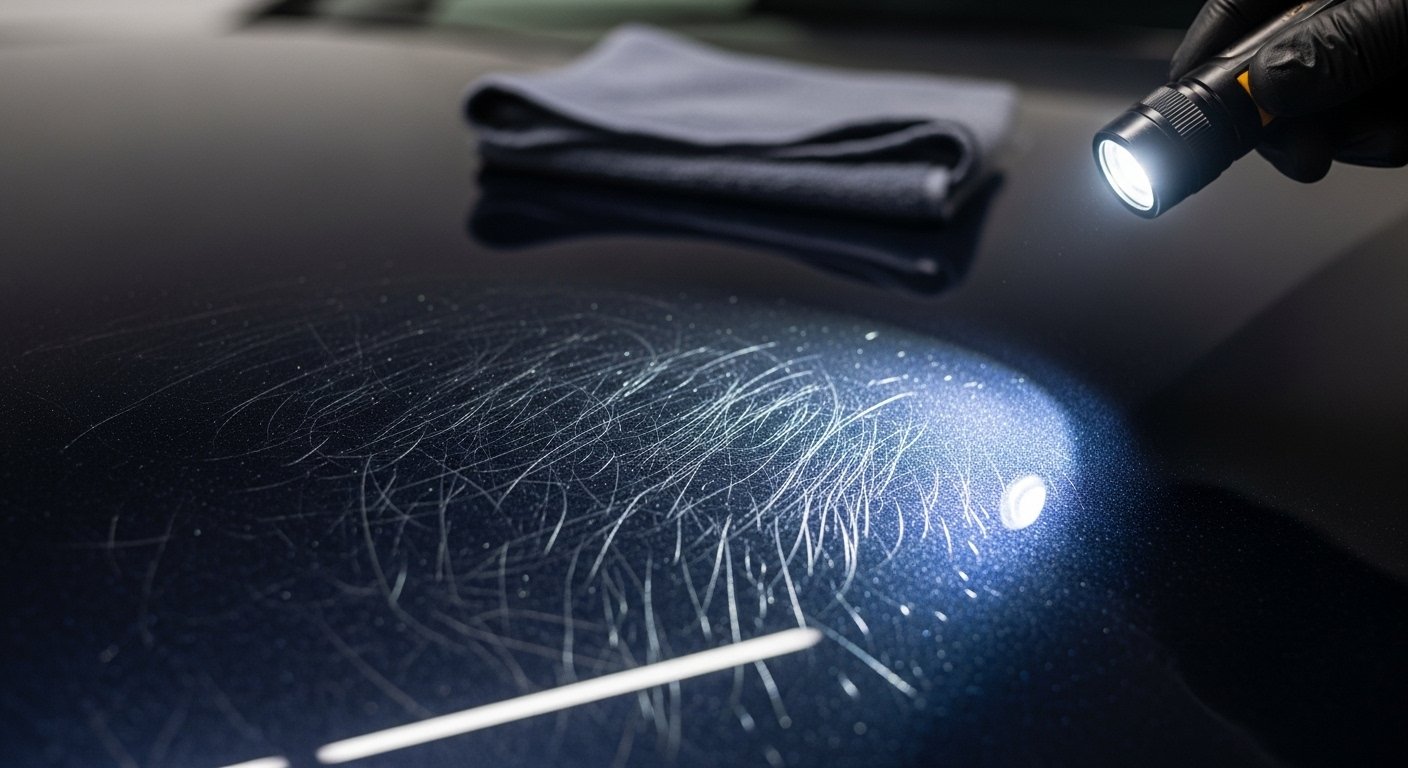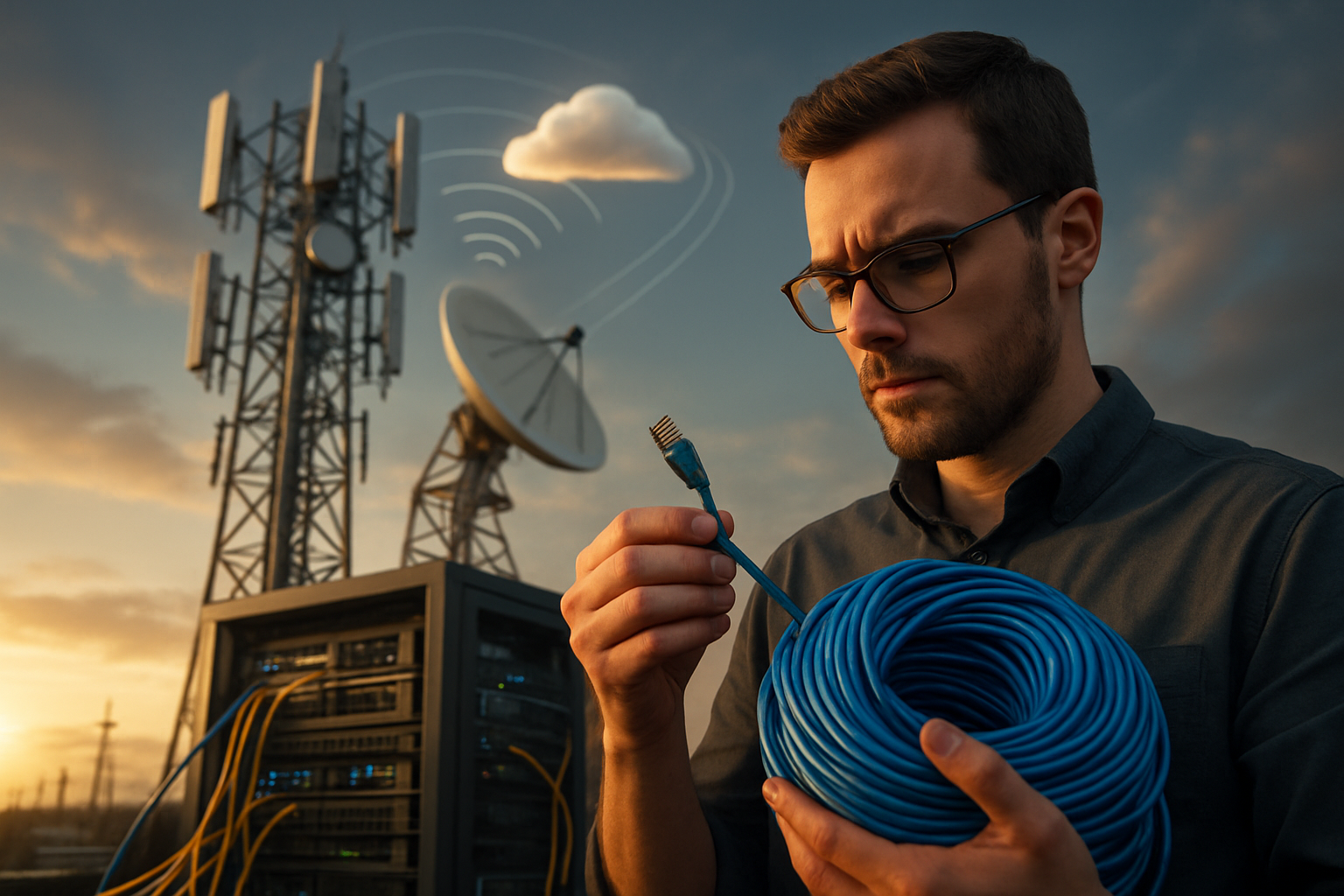Synesthetic Communities: Sensory Fusion in Modern Social Connections
The convergence of neuroscience and social dynamics has given rise to an intriguing phenomenon: synesthetic communities. These unique social groups, formed around shared sensory experiences, are reshaping how we understand human connection and perception. From color-tasting clubs to sound-texture meetups, these communities are pushing the boundaries of sensory integration and redefining social bonds. Read below to explore the fascinating world of synesthetic communities and their impact on modern society.

The Rise of Sensory-Based Social Groups
Synesthetic communities have emerged as a fascinating intersection of neurodiversity and social networking. These groups bring together individuals who experience various forms of synesthesia, as well as those who are simply intrigued by the phenomenon. From online forums to in-person meetups, these communities provide spaces for sharing experiences, conducting informal experiments, and fostering a sense of belonging among those with unique sensory perceptions.
Neurodiversity and Social Acceptance
The growth of synesthetic communities reflects a broader societal shift towards embracing neurodiversity. As awareness of conditions like synesthesia increases, so does the acceptance of different ways of perceiving the world. These communities play a crucial role in destigmatizing neurological differences and promoting a more inclusive understanding of human cognition and experience.
Cross-Modal Creativity and Innovation
Synesthetic communities are becoming hotbeds of creativity and innovation. Members often collaborate on art projects, musical compositions, and even technological innovations that aim to translate synesthetic experiences for non-synesthetes. This cross-pollination of ideas and sensory experiences is leading to new forms of artistic expression and pushing the boundaries of how we understand and interact with our sensory environment.
The Impact on Social Dynamics and Communication
The existence of synesthetic communities is challenging traditional notions of shared experiences and communication. In these groups, conversations about the taste of colors or the texture of sounds are commonplace, leading to the development of new vocabularies and modes of expression. This evolution in communication is prompting broader discussions about the subjective nature of perception and the potential for more nuanced forms of interpersonal understanding.
Implications for Education and Cognitive Science
The insights gained from synesthetic communities are having far-reaching implications in fields such as education and cognitive science. Researchers are studying these groups to better understand the plasticity of the human brain and the potential for cross-modal learning. Some educators are even experimenting with synesthesia-inspired teaching methods to enhance learning experiences for all students, regardless of their neurological makeup.
Challenges and Ethical Considerations
As synesthetic communities grow and gain visibility, they also face challenges. There are ongoing debates about the authenticity of synesthetic experiences and concerns about the potential for exoticization or misrepresentation of synesthetes. Additionally, ethical questions arise regarding the use of synesthesia-inducing technologies and the boundaries between neurological conditions and enhanced sensory experiences.
The Future of Sensory-Based Social Connections
Looking ahead, synesthetic communities are poised to play an increasingly significant role in shaping our understanding of perception, creativity, and social connection. As technology continues to advance, we may see the development of tools that allow for the sharing of synesthetic experiences on a broader scale, potentially revolutionizing fields such as virtual reality and telepresence.
The emergence of synesthetic communities represents a fascinating development in the landscape of human social interaction. By bringing together individuals with diverse sensory experiences, these groups are not only providing support and understanding for synesthetes but also challenging our collective understanding of perception and connection. As we continue to explore the depths of human cognition and experience, synesthetic communities stand as a testament to the incredible diversity of human perception and the power of shared experiences to forge meaningful social bonds.





